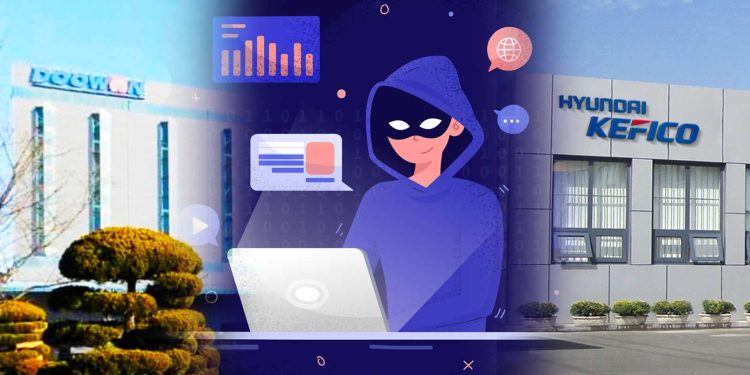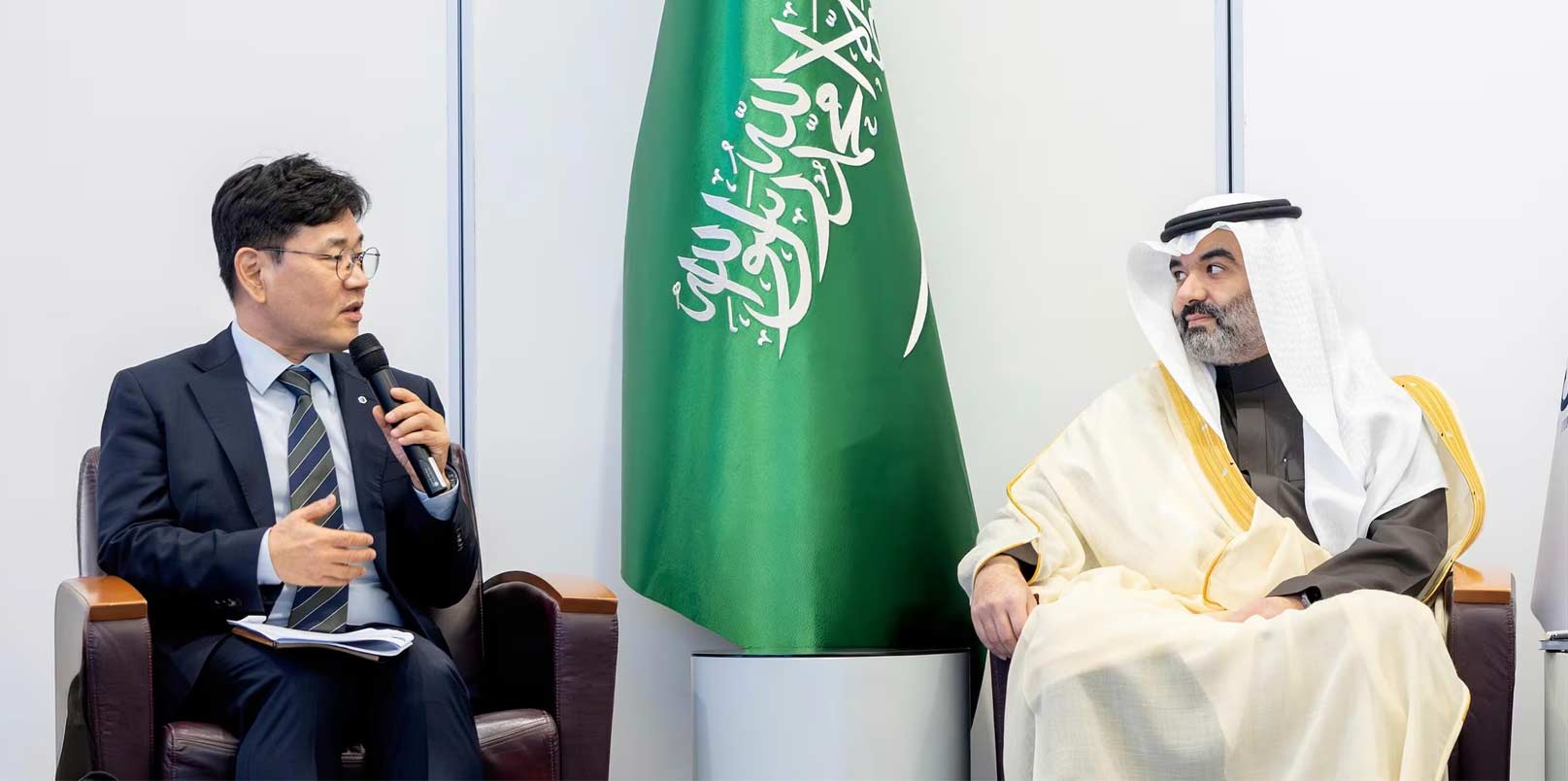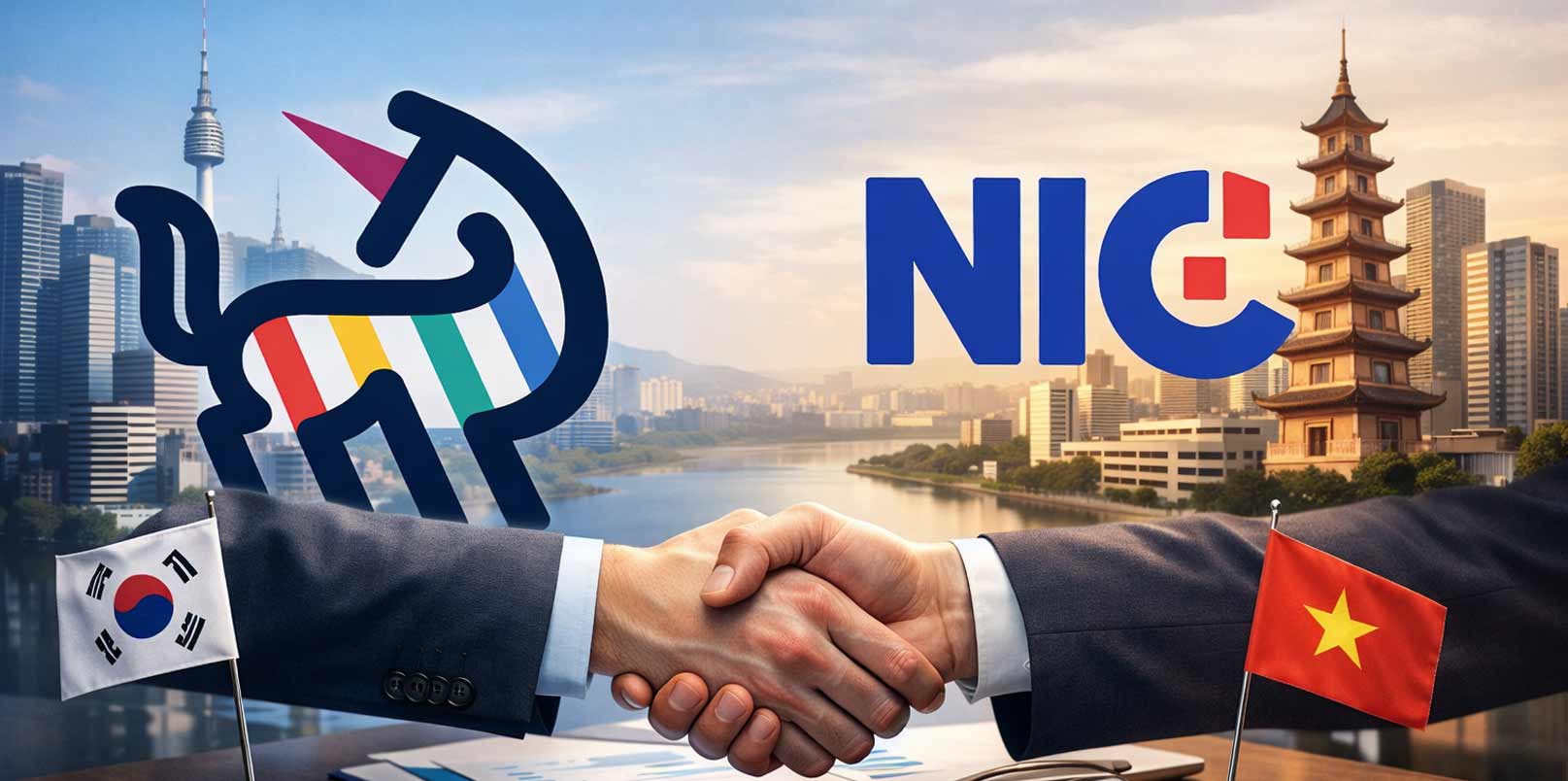South Korea’s efforts to safeguard small business innovation are being tested in the auto sector. Two major suppliers, Doowon Climate Control and Hyundai Kefico, found in violation of misusing subcontractors’ technical data, a practice long described as routine in Korea’s manufacturing chains. The government’s decision to escalate the case to prosecution shows how seriously Seoul is now treating SME tech theft — with implications that extend well beyond the auto industry.
Korea Pushes Auto Parts Giants Toward Prosecution Over SME Tech Theft
On October 1, the Ministry of SMEs and Startups (MSS) confirmed that it had requested the Fair Trade Commission (FTC) to prosecute Doowon Climate Control Co. and Hyundai Kefico Co. for repeated violations of the Fair Transactions in Subcontracting Act.
Investigations found that Doowon demanded 99 mold drawings from seven subcontractors between 2017 and 2023 without providing required written requests. It also obtained 17 additional drawings between 2022 and 2023 without signing confidentiality agreements, and on several occasions provided drawings to overseas affiliates and a competitor without subcontractor consent. In June, the FTC imposed a corrective order and fined the company KRW 390 million (~ USD 280,000).
Hyundai Kefico, a Hyundai Motor affiliate that manufactures engine parts and EV motor controllers, committed similar violations.
Between 2017 and 2022, Hyundai Kefico requested mold drawings without legitimate reason or proper documentation, failed to sign confidentiality agreements, and twice provided a subcontractor’s technical data to overseas suppliers after that subcontractor declined a Vietnam joint venture.
It also imposed one-sided confidentiality clauses in 19 contracts. In July, the FTC ordered corrective measures and levied a KRW 474 million (~ USD 340,000) fine.
Mandatory Prosecution System Puts Korea’s SME Tech Protection to the Test
Under Korea’s Mandatory Prosecution Request System, MSS can require the FTC to refer cases to prosecutors when violations of subcontracting law cause substantial SME harm. This mechanism was introduced to address a recurring criticism: that administrative fines alone failed to deter repeat offenders.
The decision to escalate the Doowon and Hyundai Kefico cases demonstrates how the government is applying this system to industries where technology leakage has long been reported as common practice, particularly in automotive parts and tooling.
After all, mold drawings and component designs often represent the SMEs’ years of accumulated know-how, making unauthorized use equivalent to stripping firms of their competitive edge.
MSS Officials Call Out Entrenched ‘Technology Misappropriation’ Practices
MSS officials stressed that these cases exemplify “typical technology misappropriation” in the auto mold sector, and that continued tolerance would undermine SME innovation.
Choi Won-young, Director of SME Policy at MSS, explained:
“The mandatory prosecution request system is designed to protect SMEs from the unfair practices of larger contractors. These incidents reveal deeply entrenched patterns of technology misappropriation. Our goal is to eradicate such behavior and create a fairer business environment.”
Why Stronger IP Enforcement Matters for Korea’s Startup and Investor Confidence
The escalation signals more than just punishment for two companies. It underscores how Korea is recalibrating enforcement to protect SMEs, a critical factor in sustaining investor trust and supporting startup-driven industrial innovation.
For global investors assessing Korea’s competitiveness, the case highlights the government’s intent to treat SME intellectual property with the seriousness of a criminal offense, not just an administrative dispute. It also aligns with Korea’s recent policy shift toward stronger enforcement frameworks, including the previously reported MSS–Police collaboration initiative, which links administrative findings directly with criminal investigations.
This dual approach — prosecuting past offenders and reforming future enforcement — strengthens Korea’s claim as a secure environment for deep-tech and manufacturing startups, particularly those engaged in sensitive R&D.
A Test for Korea’s Enforcement Credibility Against SME Tech Theft
The Doowon and Hyundai Kefico case ultimately show founders that South Korea intends to protect their intellectual property. The country is also demonstrating that enforcement mechanisms are tightening, and that legacy practices in supply chains must be reformed.
As Korea tests its mandatory prosecution framework, the outcome will serve as a benchmark for how effectively the country can deter technology theft, foster fairer SME–corporate relations, and enhance its credibility as a global startup hub.
– Stay Ahead in Korea’s Startup Scene –
Get real-time insights, funding updates, and policy shifts shaping Korea’s innovation ecosystem.
➡️ Follow KoreaTechDesk on LinkedIn, X (Twitter), Threads, Bluesky, Telegram, Facebook, and WhatsApp Channel.






